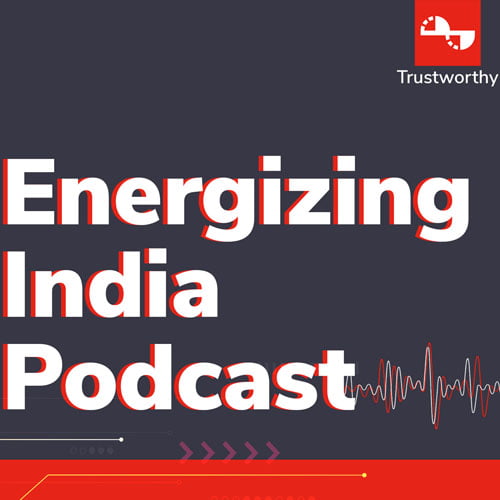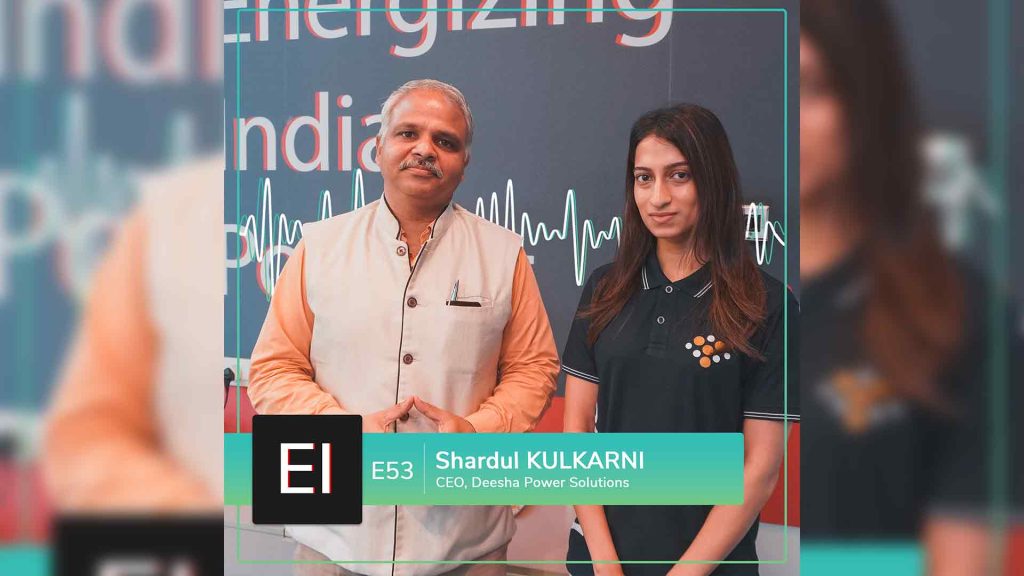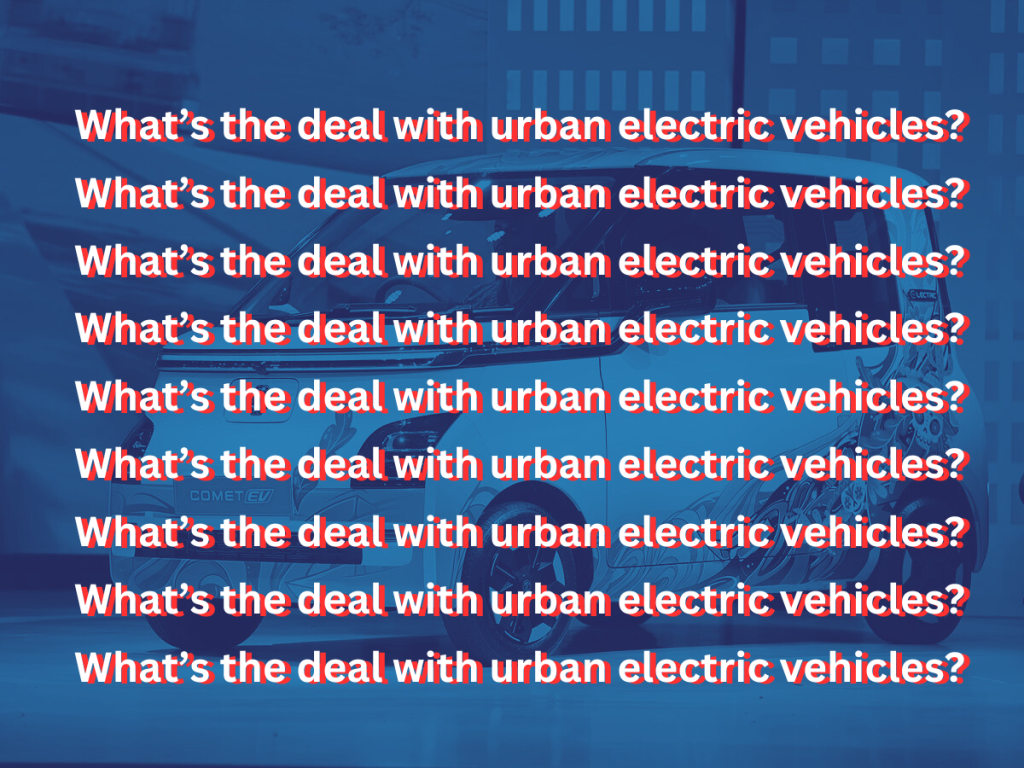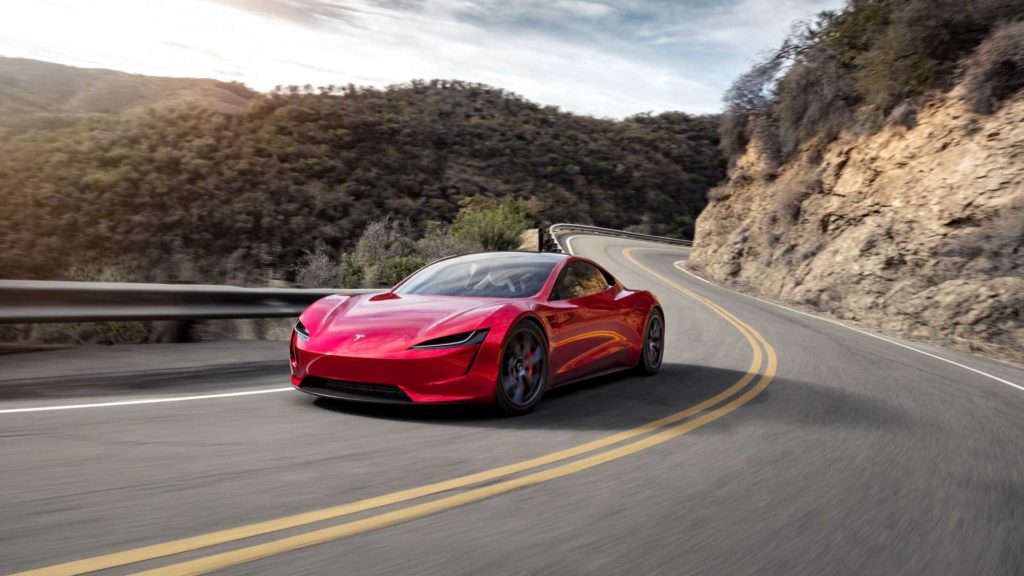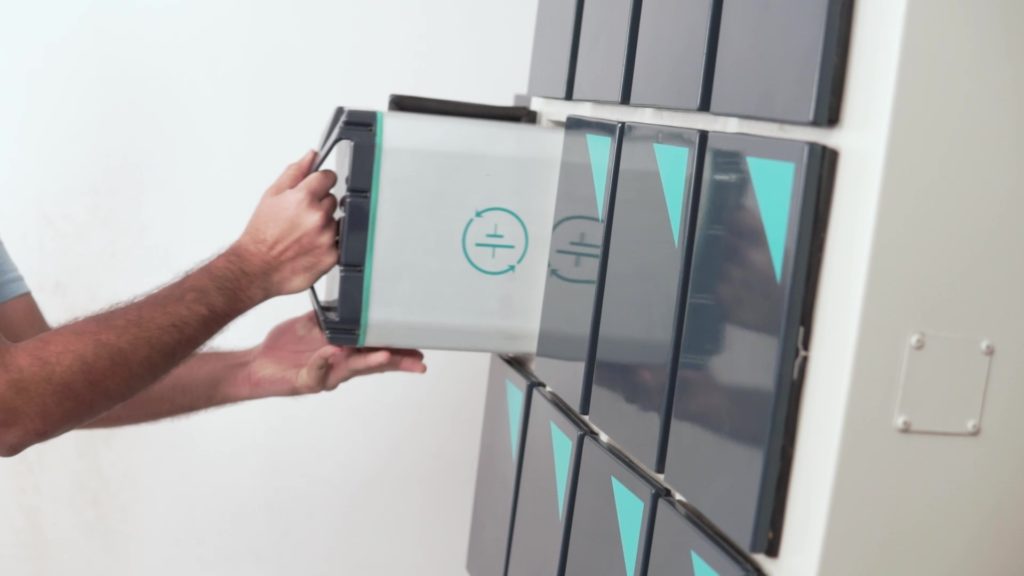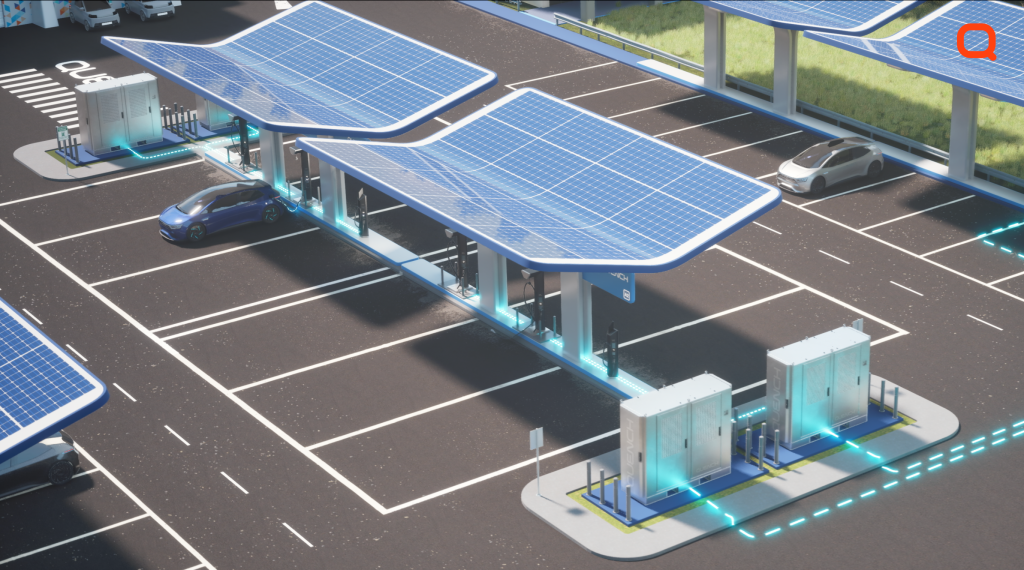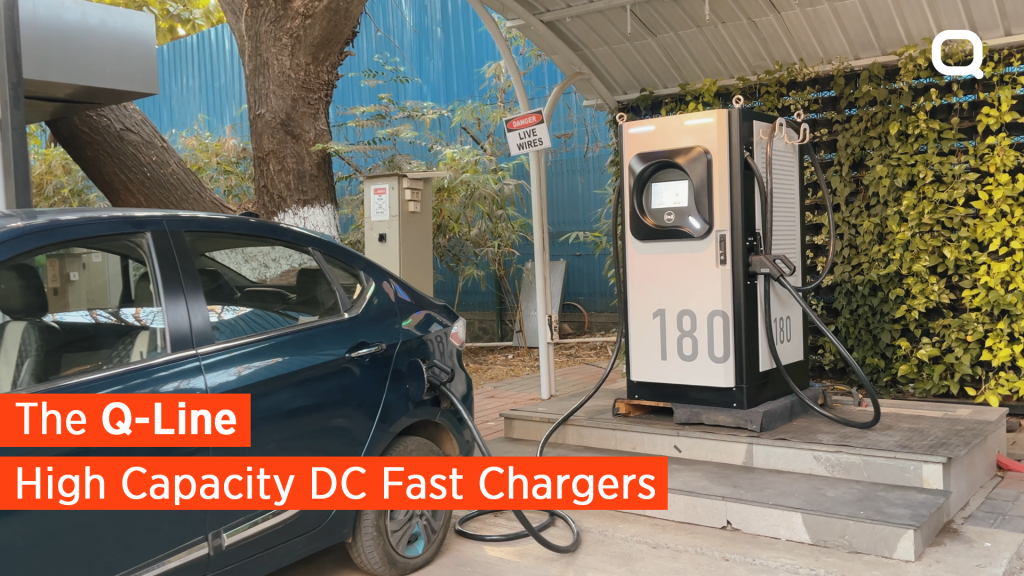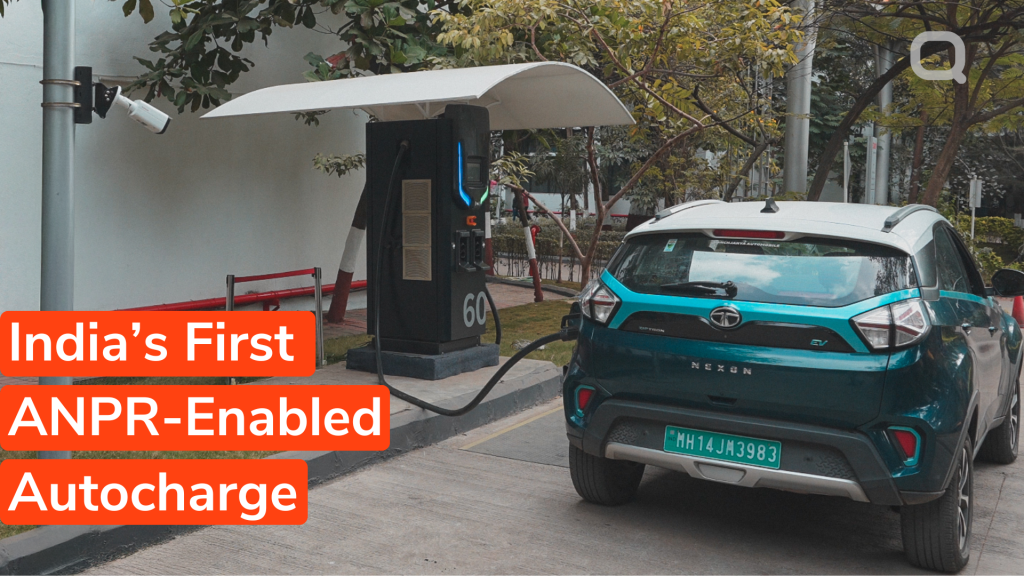Tata Motors has finally released its smallest electric vehicle in India, the Tiago EV. The all-electric hatchback is priced starting at Rs 8.49 lakh and rising all the way up to Rs 11.79 lakh (both prices, ex-showroom). This makes it the cheapest electric vehicle on the Indian market. Examine the Tiago EV’s price by version –
| Variant | Battery pack | Charging option | Ex-showroom Price |
| XE | 19.2 kWh | 3.3 kW | Rs 8.49 lakh |
| XT | 19.2 kWh | 3.3 kW | Rs 9.09 lakh |
| XT | 24 kWh | 3.3 kW | Rs 9.99 lakh |
| XZ+ | 24 kWh | 3.3 kW | Rs 10.79 lakh |
| XZ+ Tech Lux | 24 kWh | 3.3 kW | Rs 11.29 lakh |
| XZ+ | 24 kWh | 7.2 kW | Rs 11.29 lakh |
| XZ+ Tech Lux | 24 kWh | 7.2 kW | Rs 11.79 lakh |
Tata offers two distinct battery packs for the Tiago EV. The smaller 19.2 kWh battery pack variations come with a 3.3 kW AC charger, while the bigger 24 kWh battery pack variants come with a 7.2 kW AC charger. The 19.2 kWh battery is said to provide a range of 250 km on a single full charge, while the bigger battery is claimed to provide a range of 315 km. Tata boasts that the automobile can accelerate from zero to sixty kilometers per hour in under 5.7 seconds!
The 7.2 kW charger can charge the battery completely in 3 hours and 36 minutes, while a DC fast charger can charge it from 10% to 80% in 57 minutes. The Tiago EV comes with a touchscreen infotainment system, electric ORVMs, cruise control, push-button start/stop, leatherette seats, auto headlights, and many more features.
In terms of styling differences from the ordinary Tiago, the Tiago EV has blue trim on the front grille, surrounding the fog light housing, EV badging on the front fenders, and redesigned alloy wheels to aid enhance the economy. Blue highlights may also be found on the inside, near the AC vents.
The Tata Tiago EV currently has no direct competitors in the Indian market. However, Citroen is prepared to introduce the C3’s all-electric variant in the nation, in competing with the Tata EV.
When it comes to electrification, the Indian car sector has lagged behind its peers. This is due to a variety of issues, not the least of which is the country’s strong protectionist regulations regarding its car sector, which makes it difficult for foreign automakers to introduce new vehicles in the country without manufacturing them there. Tesla has sought multiple times to debut in India, but the policy has barred them from doing so without first constructing a plant in the nation. This implies that India will have to rely largely on its own car industry to electrify its passenger vehicles and reduce emissions from its transportation sector.
Tata Motors, India’s largest carmaker, has introduced a few EVs and has around 45,000 of them on Indian roads. Now, the business is introducing a new, lower-cost electric vehicle that might significantly speed up EV adoption in India. In addition, Tata issued a statement stating Tata Motors claims that with the release of the Tiago EV, it has finished the first phase of its three-step electrification journey and that the Tiago EV will be the company’s final Generation-1 EV. Tata Motors is preparing to enter the second phase of its EV evolution, which will include new electric brands.



